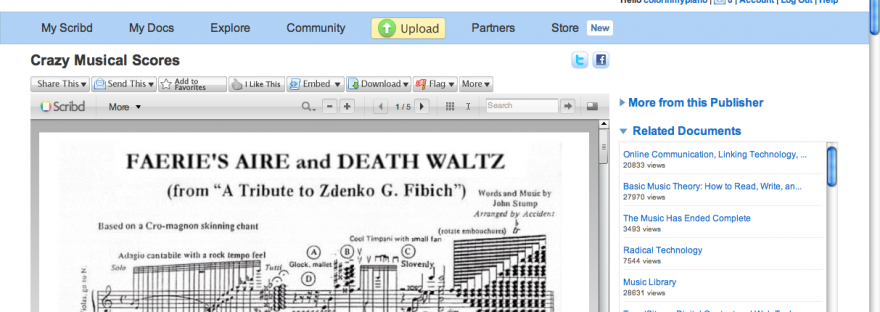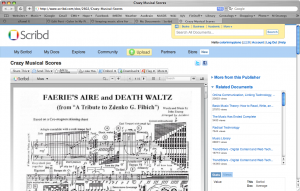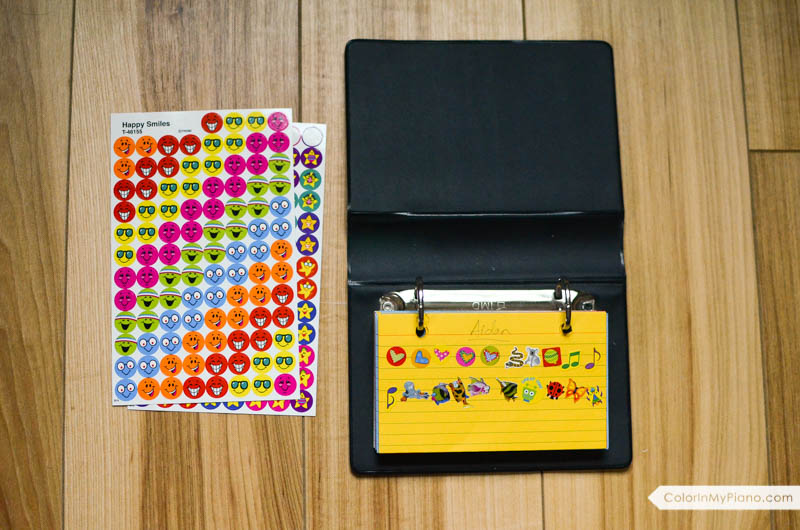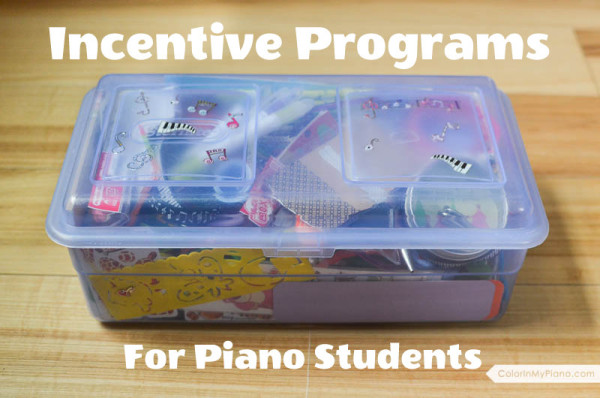I found an interesting post over at the Third-Stream Music Education blog. It includes a link to a fascinating video of Dan Pink’s presentation about motivation in the business world (be sure to watch the whole thing!). The post at the Third-Stream Music Ed blog makes some interesting connections between ways of motivating employees and ways of motivating students in music education settings in schools.
There are some connections here that can made made to private piano teaching as well. Knowing what we do about how motivation works, how can we effectively motivate our students? How can we improve the number of students who quit piano by the time they reach junior high and high school? What kind of incentive program should we create in our piano studios in order to get maximum results from our students?
But first — here are two of Dan Pink’s basic propositions:
- When the solution is clear and the tools needed to complete the problem are provided, extrinsic motivations (such as, a monetary bonus) work very well to encourage productivity from employees. It’s the whole follow-the-carrot kind of reward system.
- But when the solution is less obvious and the tools may not be provided, monetary motivations do not work well. Instead, intrinsic motivators (i.e., being motivated by the feeling that what you do matters) work well. Intrinsic motivators work better for situations where the problems require creative, innovative solutions and “thinking outside the box” is needed.
The teaching and learning of music falls into the second category, because it is so subjective and it requires creative problem-solving skills. And so, according to Pink, intrinsic motivators then ought to be used.
Before we talk about the application to incentive programs, let’s first clarify what the “tasks” or goals of learning piano (or music in general) are: mastery of the instrument. But what does this “mastery” involve? At first appearance, our goal seems to get our students to play play their pieces accurately, with few mistakes. Under this definition of mastery, a robot could conceivably succeed. Well, then maybe mastery is to get out students to progress rapidly, or to play lots of difficult repertoire. According to this logic, a “successful” music educator would be one who has students who learn all of 32 Beethoven piano sonatas, or who become concert pianists, perhaps. While, or course, these things are not bad, they aren’t exactly our goal either. At least, not our chief goal.
So then what is our chief goal? We want them to create music — music that carries meaning and touches the emotions. In other words, we want our students to become masters at creating musical meaning and communicating emotions through their music. And if they become concert pianists along the way, so be it. But I’d say we’ve succeeded as soon as we create individuals who can appreciate music as a way of communicating expression. This is something that all of our students — both the talented and less so — can attain, at some level. This is much more practical than trying to create concert pianists. And so much more rewarding.
This goal in itself is an intrinsic motivator, for even the youngest of students can appreciate the value of musical meaning and feel important as they learn to create musical meaning. But to encourage this kind of mastery of the instrument, we need to make sure that our incentive programs are reflecting this goal.
[…to be continued in Part 2…]





